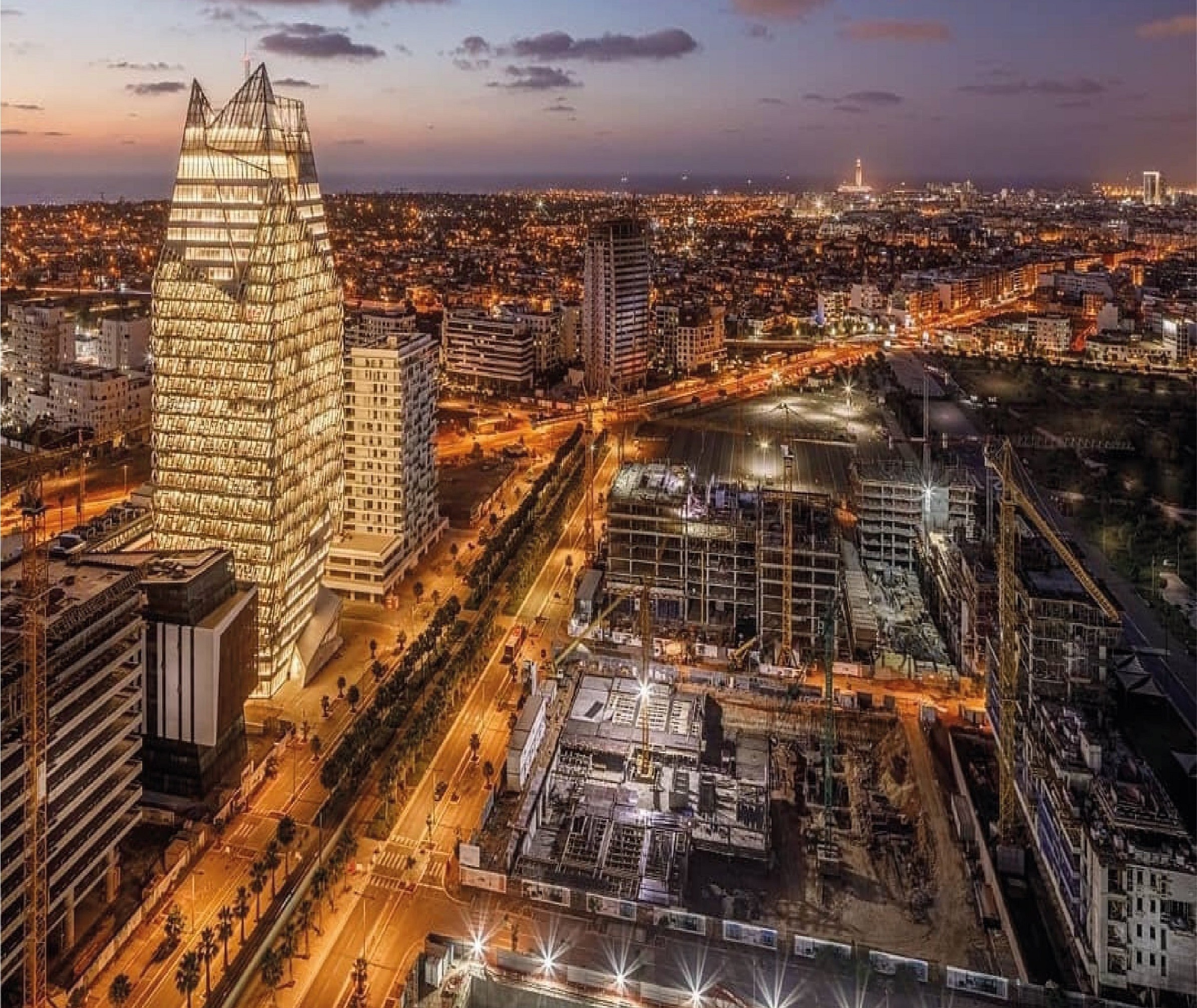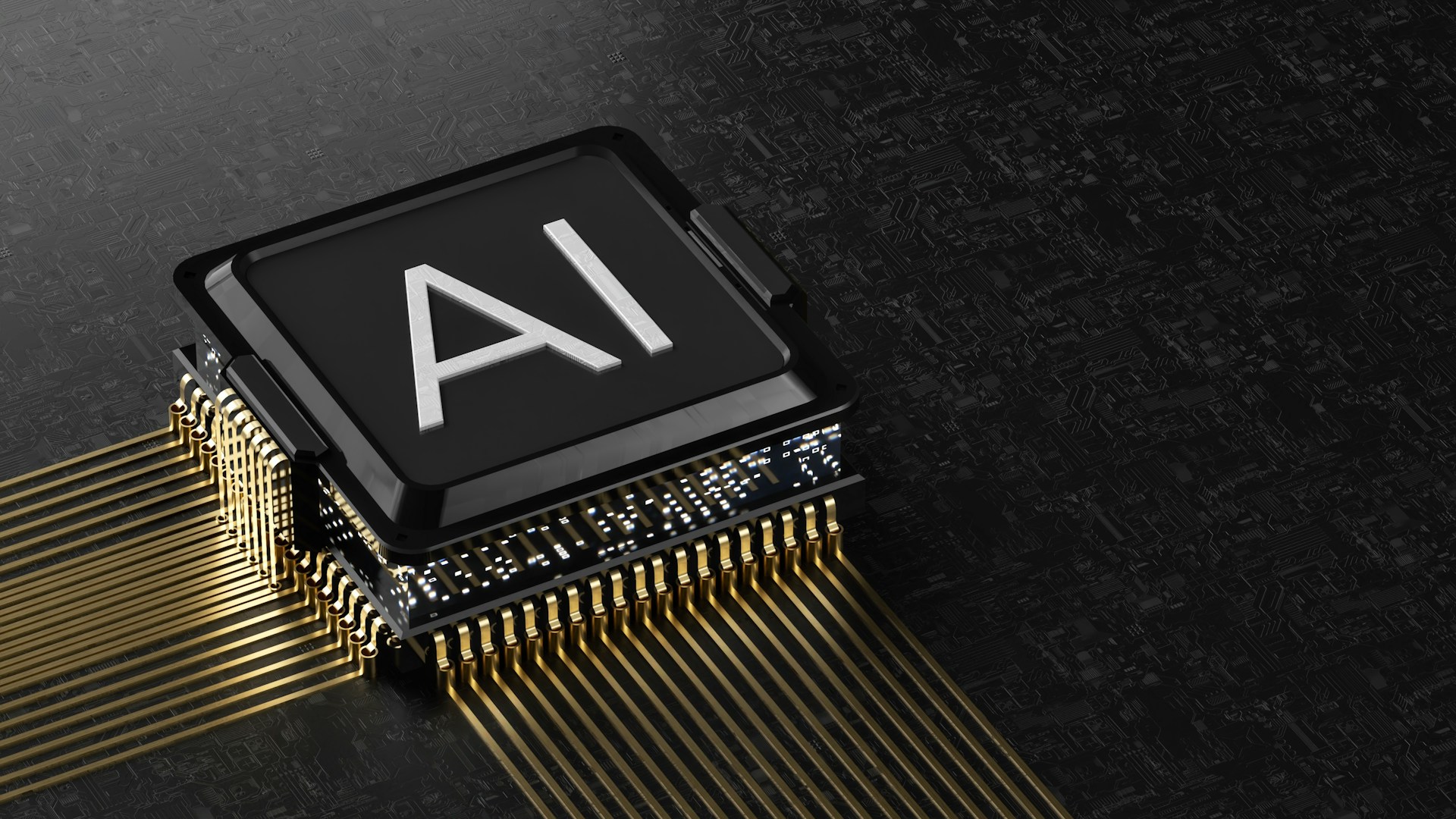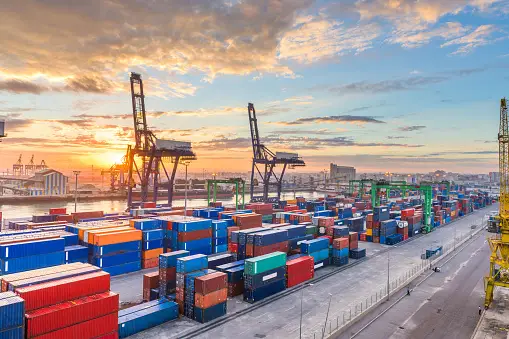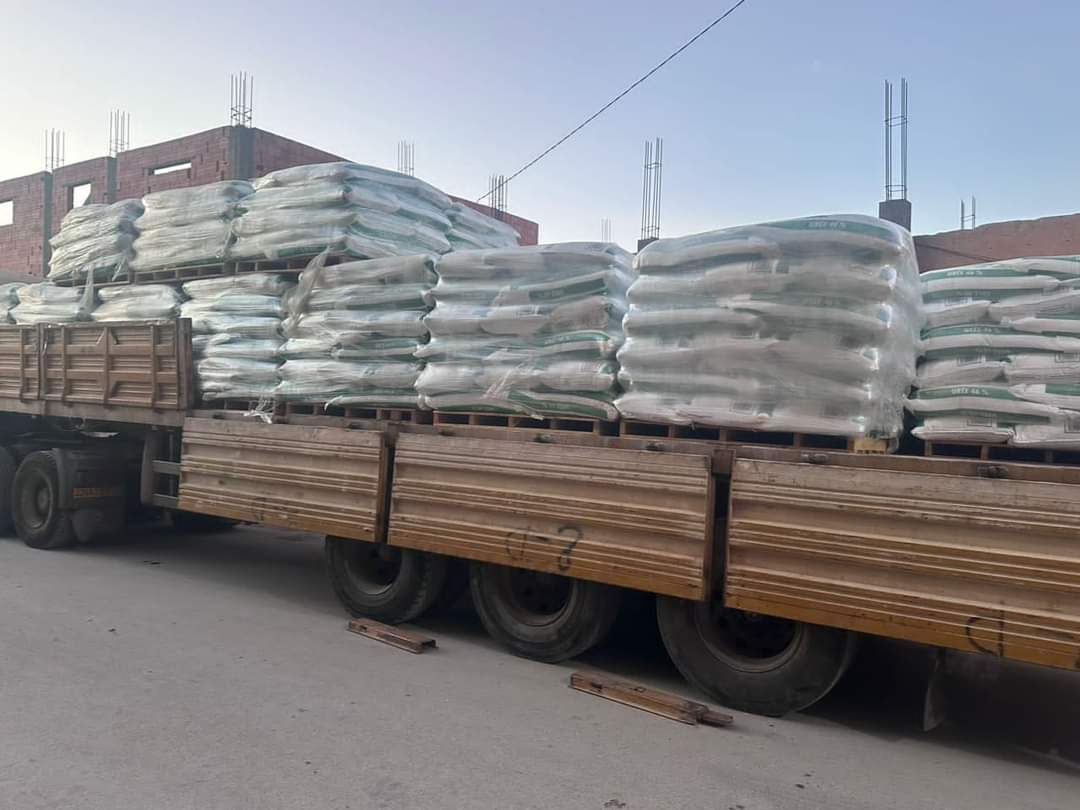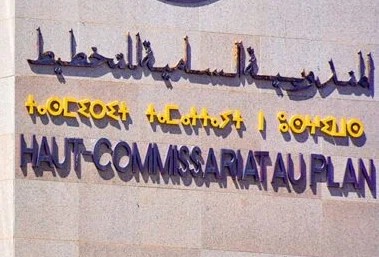Casablanca – Morocco is taking decisive steps to position itself as a regional leader in artificial intelligence (AI) and digital innovation, launching a series of major initiatives that align with its broader strategy for economic modernization and digital sovereignty. With a combined investment of over $1.1 billion, the country is rolling out an ambitious plan under the framework of its national digital strategy, Morocco Digital 2030.
This coordinated effort includes the development of high-tech infrastructure, the creation of thousands of skilled jobs, and a commitment to ethical AI governance. Central to this strategy is the establishment of a Center of Excellence in Data and AI in the Casablanca-Settat region, announced through a strategic partnership between the Moroccan government and French digital transformation group Onepoint.
Building the foundation for AI leadership
The Center of Excellence is expected to generate over 500 highly qualified jobs by 2029 and play a key role in the development of Morocco’s digital ecosystem. The initiative will focus on building national capacity in strategic tech sectors such as data processing, middleware technologies, and artificial intelligence.
The agreement was signed in Rabat by representatives of several key government ministries, including Digital Transition and Administrative Reform, Industry and Trade, and Investment, alongside the Moroccan Investment and Export Development Agency (AMDIE) and Onepoint. According to officials, this project marks a critical step toward making Morocco a preferred destination for high-value offshoring and digital innovation.
Amal El Fellah Seghrouchni, Minister Delegate for Digital Transition and Administrative Reform, described the initiative as a significant milestone in Morocco’s journey toward digital sovereignty. She highlighted its potential to modernize public services, stimulate innovation, and support the digitalization of small and medium-sized enterprises (SMEs).
“This partnership positions AI not just as a technical sector, but as a strategic pillar for national development,” Seghrouchni said. “It will allow Moroccan engineers and institutions to co-develop technological solutions tailored to both national and international challenges.”
$1.1 billion investment for training and job creation
The government has allocated $1.1 billion to implement this broader AI strategy. This funding will be used to train 100,000 people in digital professions and create 240,000 new jobs by 2030. The vision, announced by Prime Minister Aziz Akhannouch during the first National Conference on Artificial Intelligence held in Salé, is part of a national effort to integrate AI across sectors such as health, agriculture, education, and public services.
According to Akhannouch, AI is already producing tangible results in various industries. In healthcare, it is improving early diagnosis and patient care. In agriculture, it is helping optimize water resource management and increase productivity. In education, AI-powered tools are reducing dropout rates and improving learning outcomes.
However, Akhannouch also warned of the “job market paradox,” in which some traditional jobs may be at risk due to automation. He stressed the importance of adapting to this transformation rather than resisting it.
“Morocco faces a strategic choice: either to fully embrace the digital revolution or to fall behind in global competitiveness,” he said.
Ethical challenges and the need for governance
While the economic and technological potential of AI is vast, government officials have also acknowledged the challenges it poses. These include the spread of disinformation, algorithmic bias, and the lack of transparency in automated decision-making.
Prime Minister Akhannouch called for the creation of a clear regulatory framework to ensure the ethical use of AI, emphasizing the need for collaboration between government, private sector actors, academic institutions, and civil society. “Trust must be built through strong data protection measures and robust legal and ethical safeguards,” he noted.
Minister Seghrouchni echoed these concerns, pointing out that AI systems are not neutral tools but knowledge structures that can influence social and political dynamics. She emphasized that Morocco’s public sector must be equipped with the necessary digital skills to avoid overreliance on external technology providers—an issue that could undermine national sovereignty.
She also highlighted the need to update the Morocco Digital 2030 strategy to reflect global developments in AI and ensure that AI is treated as a central engine of transformation rather than a secondary technical component.
Toward inclusive and responsible AI
The government’s AI strategy also aims to address social inequalities and ensure fair access to digital opportunities. Minister Seghrouchni stressed the importance of using AI to enhance the delivery of public services, particularly for underserved communities and vulnerable populations. This includes supporting Moroccan startups in developing locally relevant solutions that meet national needs and contribute to expanding digital inclusion.
“Artificial intelligence has the potential to either widen or narrow social disparities,” she said. “Our responsibility is to harness it as a tool for justice, equity, and national development.”
As Morocco continues to roll out its digital agenda, it is making clear that AI is not just about technology—it is about shaping the country’s future in a rapidly changing global landscape. With targeted investments, a focus on ethical governance, and a commitment to inclusive development, Morocco is laying the groundwork to become a regional hub for innovation and digital leadership in Africa and beyond.

